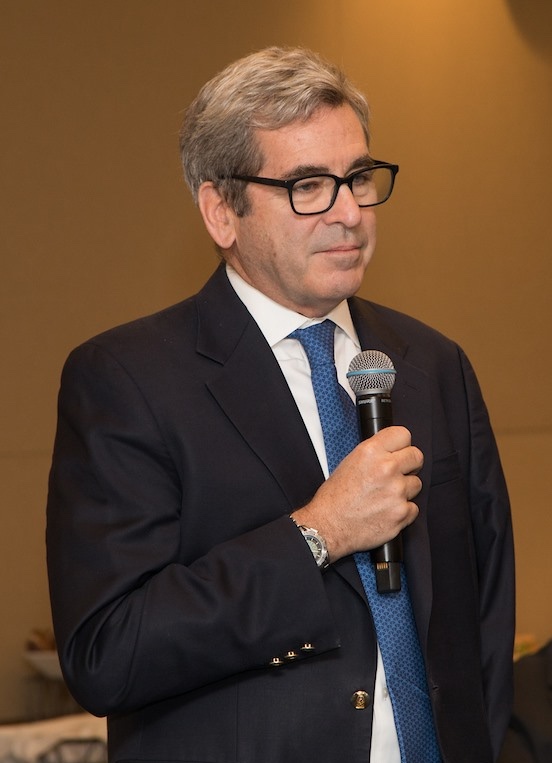 This episode features Miles O’Brien, a science journalist who has been a correspondent for PBS News and CNN. He talks about his experience breaking in to science journalism, past and current science reporting, public and political views of science, the value of scientific research, and some particular stories including beavers, prostheses, and climate change research in Antarctica. This feature is an interview by KBUT‘s Toni Todd and shared with us via Rocky Mountain Community Radio.
This episode features Miles O’Brien, a science journalist who has been a correspondent for PBS News and CNN. He talks about his experience breaking in to science journalism, past and current science reporting, public and political views of science, the value of scientific research, and some particular stories including beavers, prostheses, and climate change research in Antarctica. This feature is an interview by KBUT‘s Toni Todd and shared with us via Rocky Mountain Community Radio.
And we also have a report on the recent government claims about autism and use of acetaminophen (the active ingredient in Tylenol) during pregnancy, which is disputed by researchers and medical groups. We provide the full transcript of the press conference held by SciLine of the American Association for the Advancement of Science with Brian Lee, a professor of epidemiology and biostatistics at Drexel University.
Host: Joel Parker
Show Producer/Engineer: Joel Parker
Executive Producer: Susan Moran
Additional contributions: Shelley Schlender
Listen to the show.
Podcast: Play in new window | Download (Duration: 27:00 — 37.1MB)
Subscribe: RSS



 On this week’s How On Earth, Beth spoke with two cosmetic chemists, hosts of the podcast The Beauty Brains. We touched on some basic questions I have regarding some of the universe of products, such as shampoos, body lotions and sun screens. Beauty Brains Perry Romanowski and Valerie George, are both veteran cosmetic product developers who have worked on some of the most popular beauty products in the world. They’ve written dozens of science articles and books. Their book, Beginning Cosmetic Chemistry is used in several college programs. You can find transcripts of their podcast episodes on their
On this week’s How On Earth, Beth spoke with two cosmetic chemists, hosts of the podcast The Beauty Brains. We touched on some basic questions I have regarding some of the universe of products, such as shampoos, body lotions and sun screens. Beauty Brains Perry Romanowski and Valerie George, are both veteran cosmetic product developers who have worked on some of the most popular beauty products in the world. They’ve written dozens of science articles and books. Their book, Beginning Cosmetic Chemistry is used in several college programs. You can find transcripts of their podcast episodes on their  Menopause & HT (start time: 0:58) It happens to every woman with a uterus who reaches midlife. Menopause is a major hormonal transition that, although very challenging for some women, is natural, and (get this!) even advantageous to civilization. Think grandmothers! Yet menopause has been largely dismissed by the medical community. As a result, too many women suffer through menopause in pain, shame, and loneliness. In this week’s show, host Susan Moran interviews
Menopause & HT (start time: 0:58) It happens to every woman with a uterus who reaches midlife. Menopause is a major hormonal transition that, although very challenging for some women, is natural, and (get this!) even advantageous to civilization. Think grandmothers! Yet menopause has been largely dismissed by the medical community. As a result, too many women suffer through menopause in pain, shame, and loneliness. In this week’s show, host Susan Moran interviews  On this week’s How on Earth, Beth describes recent developments in defunding NIH research and CDC limits on
On this week’s How on Earth, Beth describes recent developments in defunding NIH research and CDC limits on 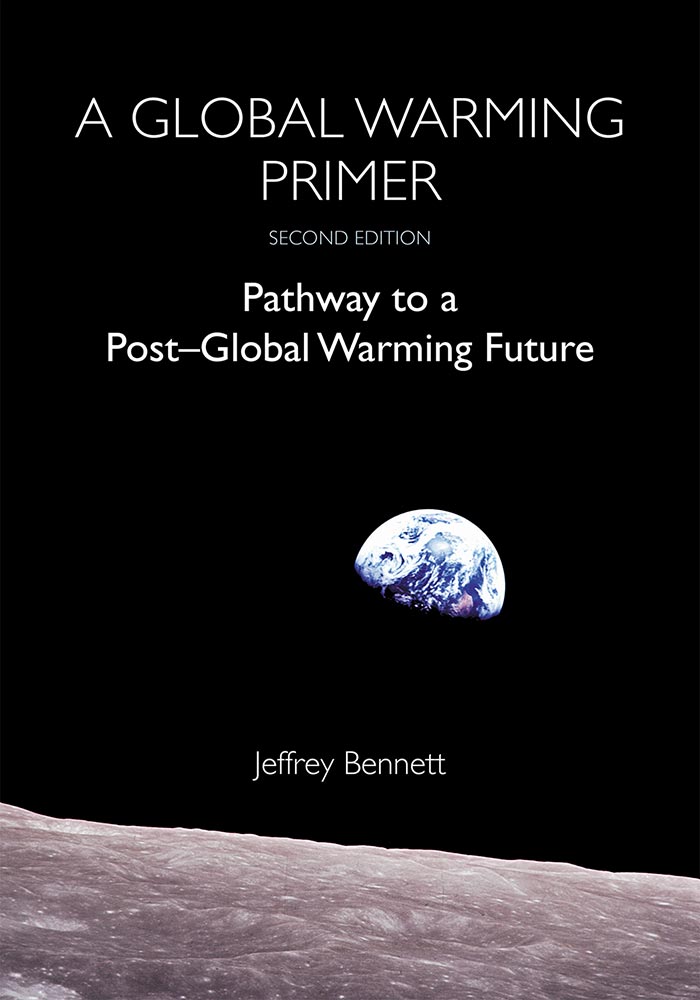 Climate change. Astronomy. A canine astronaut.
Climate change. Astronomy. A canine astronaut. 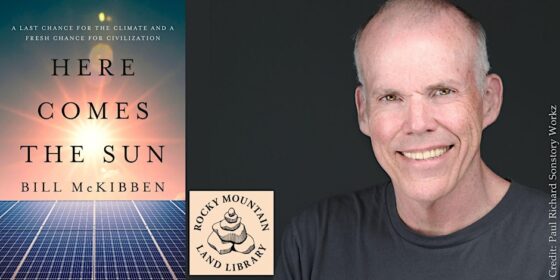
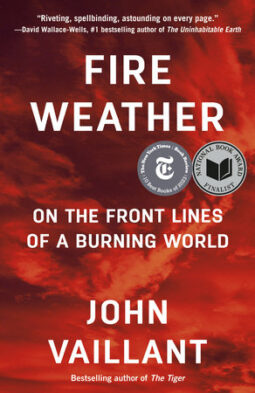 On this week’s show we replay an
On this week’s show we replay an 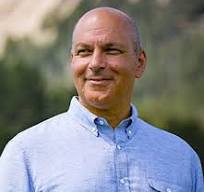
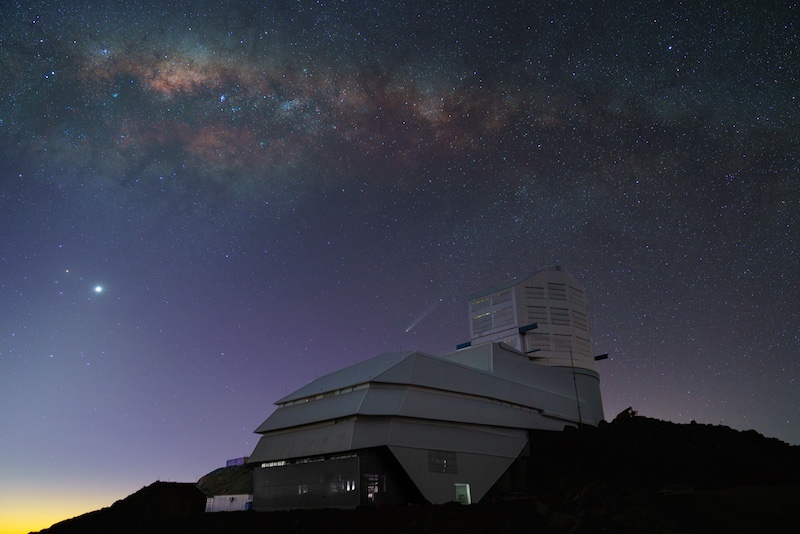 The history of astronomy has many stories of trying to understand our universe, and those stories are connected by a common thread: looking at the sky, whether with our eyes or with increasingly powerful telescopes. The newest entry in this telescopic journey is the
The history of astronomy has many stories of trying to understand our universe, and those stories are connected by a common thread: looking at the sky, whether with our eyes or with increasingly powerful telescopes. The newest entry in this telescopic journey is the 